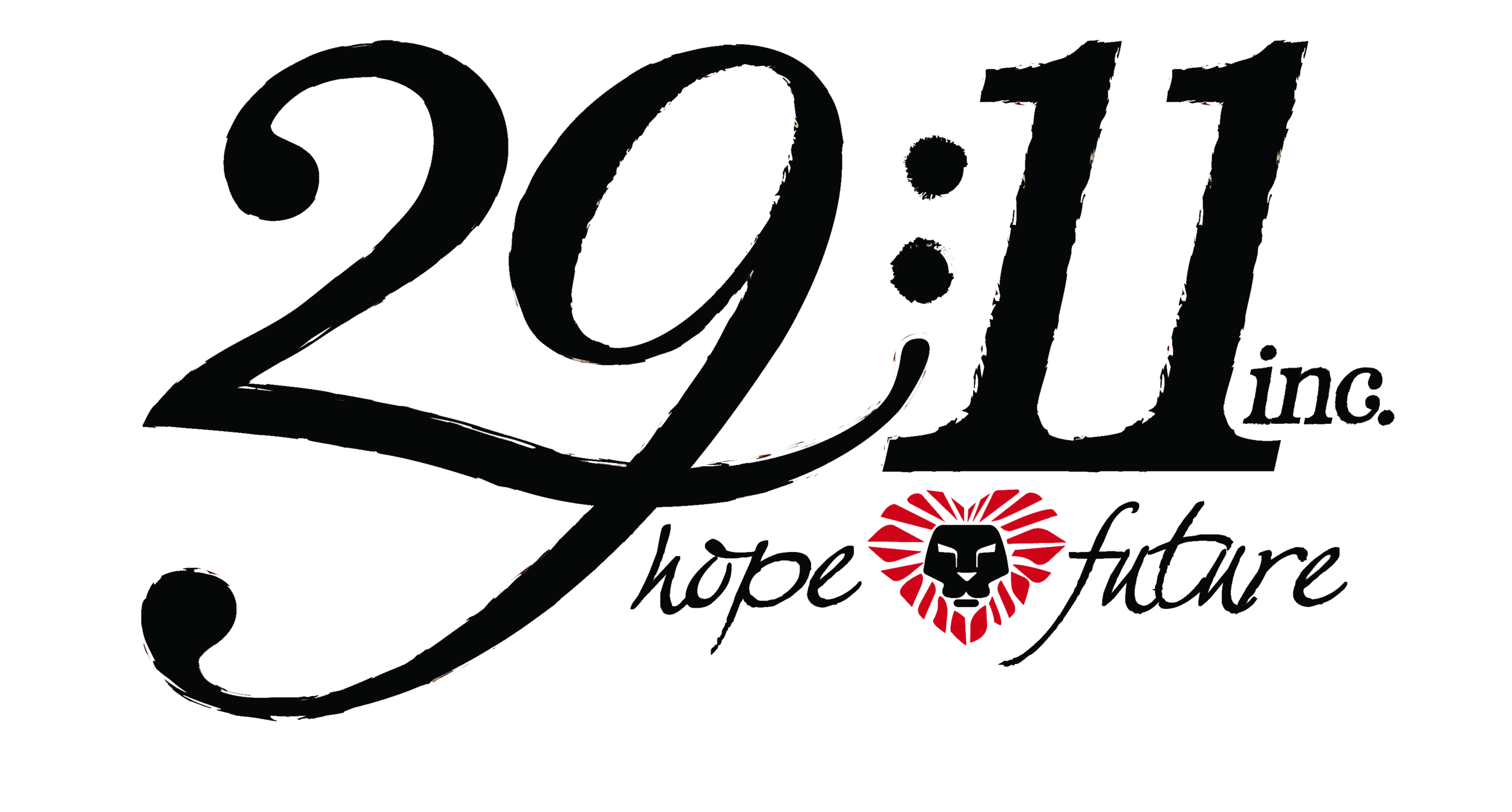Where do you go during a pandemic when you have no shelter?
WHAT DOES COVID-19 MEAN FOR STREET-CONNECTED CHILDREN?
Like the majority of the rest of the world, Kenya is dealing with Covid-19. What does that mean for the children and young adults we work with? A lot.
Curfews, quarantines, and shelter in place
Tactics such as curfews, quarantines, and shelter in place orders are used to help protect the greater community from the spread of disease. While this is an understandable method, concessions must be made for the most vulnerable of the community, those who live and work on the streets. The kids we work with generally do not have a shelter to be in after curfew and therefore can face extreme measures from local police and other entities if they are “out” past curfew.
access to food, water, and soap
Street connected children often use big events as a means to nourishment. Trash from funerals, weddings, and other social gatherings provide them with a source of food at times when they cannot access it in any other way. With social gatherings restricted, this source of food is now gone. Not only are those events on hold, but in order to follow local laws we are unable to have our weekly HOPE gathering to provide food, water, soap, and community connection since we would be gathering in large numbers.
The two greatest tools for combating COVID-19 are social distancing and hand washing. Street-connected children live in small communities for protection and at times stay in hostels which can become crowded. They do not regularly have access to clean water and especially soap. This takes away their ability to protect themselves against disease.
stigma
Street-connected children already face bias and stigma from many in their communities. Now with the fear of COVID-19 and its ability to spread they can face even more bias as fears are aimed at them, especially from those in the community who should be protecting them. Sometimes those fears result in violent acts against them.
how we are helping:
Our local community of helpers on the ground are using precautions to protect themselves.
Setting up food distribution in groups of three.
Providing weekly takeaway bags including soap and food items that do not need to be cooked and will sustain them in between such as nuts, peanut butter, bread, and juice or milk.
Providing one hot meal weekly in takeaway bags.
Providing soap and instruction on the importance of sanitation and how to properly wash hands.
Connecting with the local government and police to protect their rights and stop abuses.
Reminding them that they are not forgotten.
To provide both the weekly takeaway supplies and hot meal will cost approximately $5 per child and we are currently serving 100 children. If you would like to sponsor a child to receive a care package, all of your donation will go directly to providing the necessary resources. Above all, please pray for the safety and health of our kids and those who are our hands and feet on the ground.

